A few Sundays ago, I attended a baptism at Easton Christian Family Centre — seven adult asylum seekers from Iran publicly embracing a faith that could put them at risk of persecution back home. The weight of the moment was clear to everyone present.
Songs and sermons are in Farsi and English. I followed the karaoke-style lyrics on the projector screen, trying to keep pace with regular attendees.
A man sitting beside me introduces himself as Derek. Noticing I looked a little lost, he guided me through the service step by step, with a big smile. I watch in quiet awe.
Children are blessed first before they head off for arts and crafts. The rest of us hear community news—updates, congratulations, and notices, including one about free lunches for asylum seekers offered by nearby congregations.
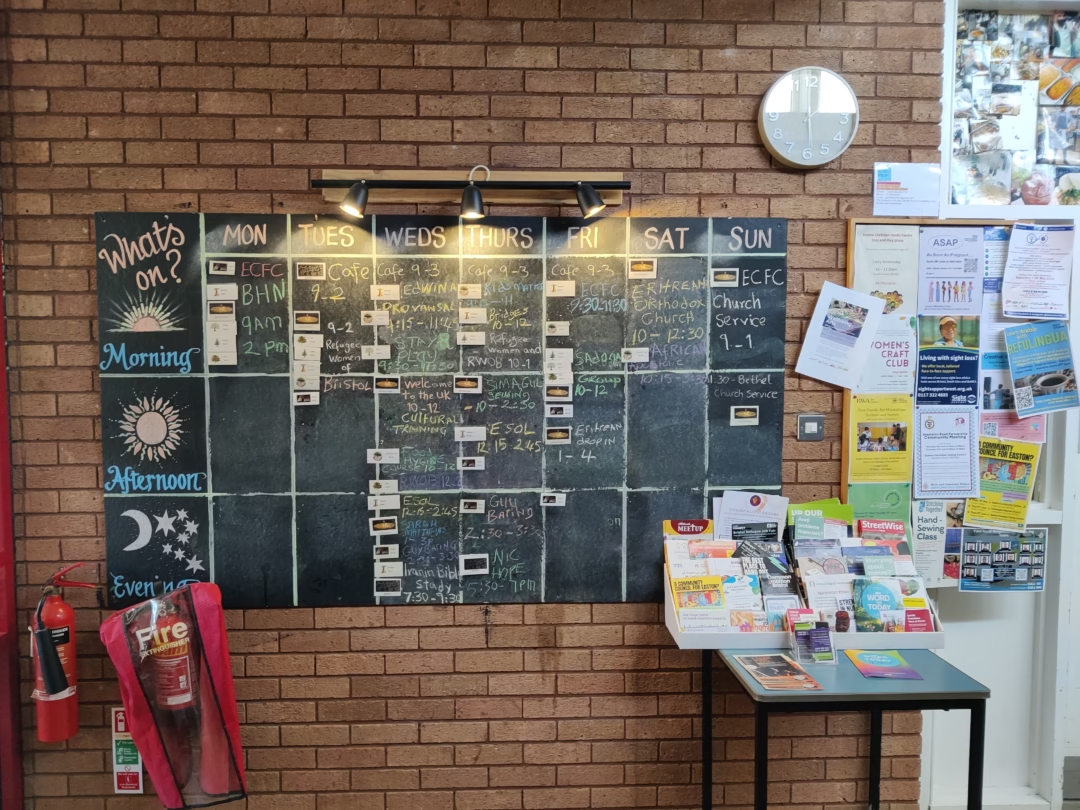
Then, one by one, the seven stepped forward to be baptised. Each shared their story: of struggle, of freely choosing this new faith and community, and of profound gratitude for being welcomed into this new family.
I catch myself weeping – and I’m not the only one. We were all moved by the depth of what we were witnessing. This moment was about more than faith, it was about finding a family.
At a time when churches and community centres are struggling, this east Bristol interfaith hub stands out as a rare and powerful model of belonging, welcoming asylum seekers, bridging faiths, and built from the outset to serve everyone.
Baraka: the heart of the centre
Walking into Easton Christian Family Centre (ECFC) feels like stepping into a bustling family home. There’s a warmth in the air: cosy decor, the inviting smells of a busy kitchen, and multilingual chatter that makes perfect sense in this corner of Bristol, where over 45% of the population belongs to the global majority.
At the soul of ECFC is Baraka Café — a joyful social enterprise run by Claire, Pouria and Oumaima, alongside a team of asylum-seeker trainees. The café offers a menu as varied as the community it serves: biryani, shakshuka, and oat lattes side by side, all at affordable prices. A quiet act of resistance in the face of Easton’s gentrification.
Patrick Wickson, who became centre manager in 2024, calls Baraka “the engine” of the centre, the fire that warms the space and draws people in. More than a café, it’s a training ground where newly arrived migrants build confidence, learn English, swap recipes, and form friendships. Trustees support it wholeheartedly, even when it runs at a deficit, because it is pivotal to the centre’s life.
Beyond a ‘traditional church’
Easton Christian Family Centre (ECFC) – officially opened in 1976, as the parish of Holy Trinity, St. Gabriel’s, St. Lawrence and St. Jude’s. Over a plate of moussaka, I sat down with long-time trustee Paul Fletcher to learn more about its roots.
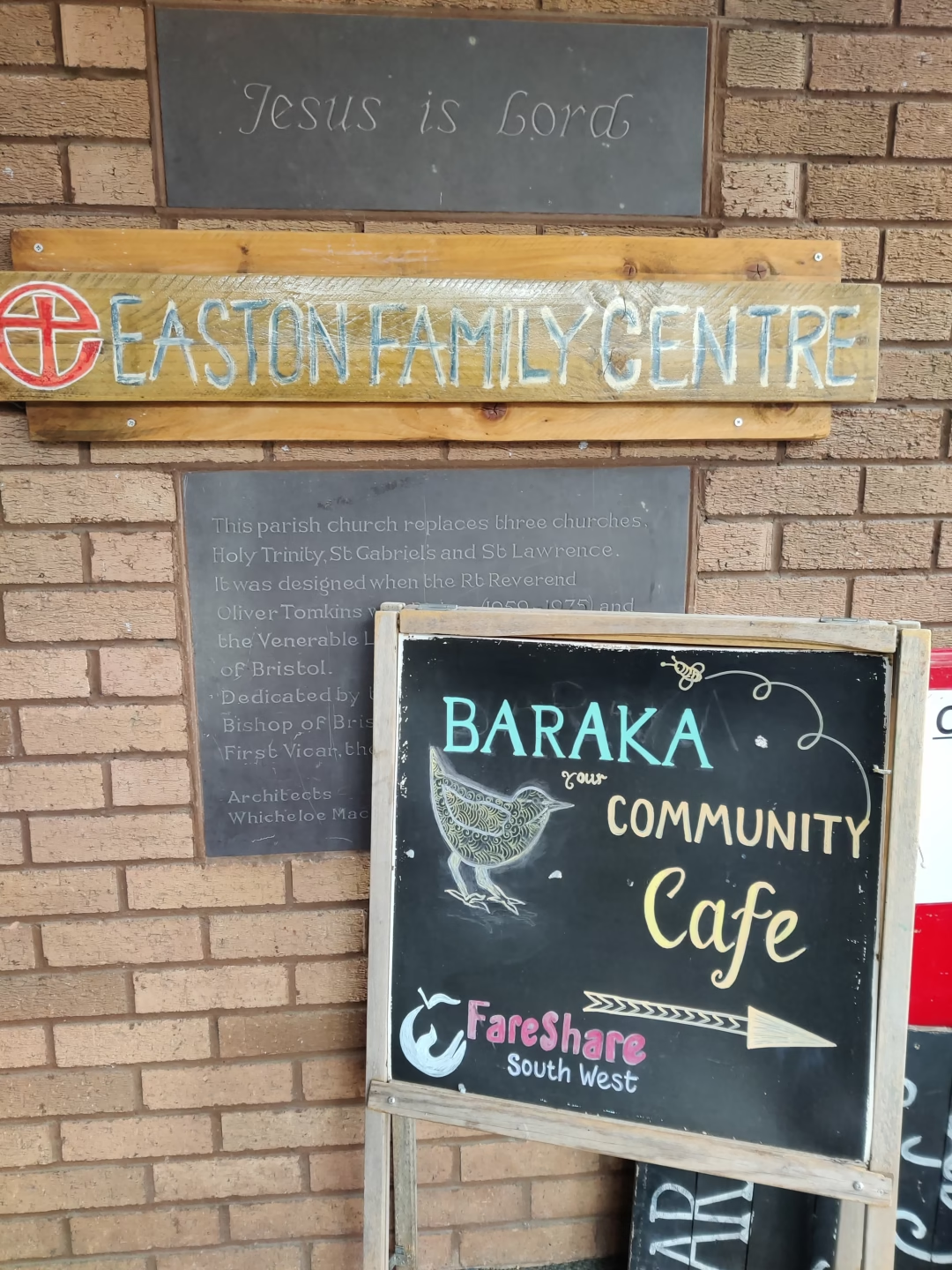
Paul recalls how Terence Kelshaw, ECFC’s first vicar, revitalised community life: “He put a lot of effort into starting new ventures, like women’s fellowship, which had been shut down, but started up again. Children’s clubs too.”
Patrick, the current manager, adds, “The building isn’t like a traditional church. The architect and the first vicar designed it with the church, café, and rooms for community activities all in mind.”
Patrick reflects on the impact: “When I arrived, women in hijabs came up to me and said, ‘We feel safe here. Please don’t change anything.’ They recognised that something special was happening. Many families from abroad have lost their support systems. They need somewhere to rebuild that, and they’re finding it here — through each other.”
Built without pews or a steeple, the centre features flexible spaces for a wide range of activities. Sunday services include live music and Farsi interpretation, to help everyone feel included.
A sanctuary for all
But its openness goes beyond design. ECFC welcomes people of all faiths and none. “We’re not saying, ‘You can only come if you believe this,’” Patrick says. “It’s a space to talk, share, and support each other — and now they help me too.”
He adds: “People in the congregation understand this is a place for conversations, for connection between the church and community, and to empower the community.”
Churches once anchored community life. Today, community centres often take on that role, but often without the same financial or institutional support.
Without places like ECFC, we risk being left with little more than the pub and the park. We need more sanctuaries like this one — places where the door is open, the kettle is on, where everyone is welcome, no matter where they’re from, what they believe, or how they got here.
Independent. Investigative. Indispensable.
Investigative journalism strengthens democracy – it’s a necessity, not a luxury.
The Cable is Bristol’s independent, investigative newsroom. Owned and steered by more than 2,600 members, we produce award-winning journalism that digs deep into what’s happening in Bristol.
We are on a mission to become sustainable, and to do that we need more members. Will you help us get there?
Join the Cable today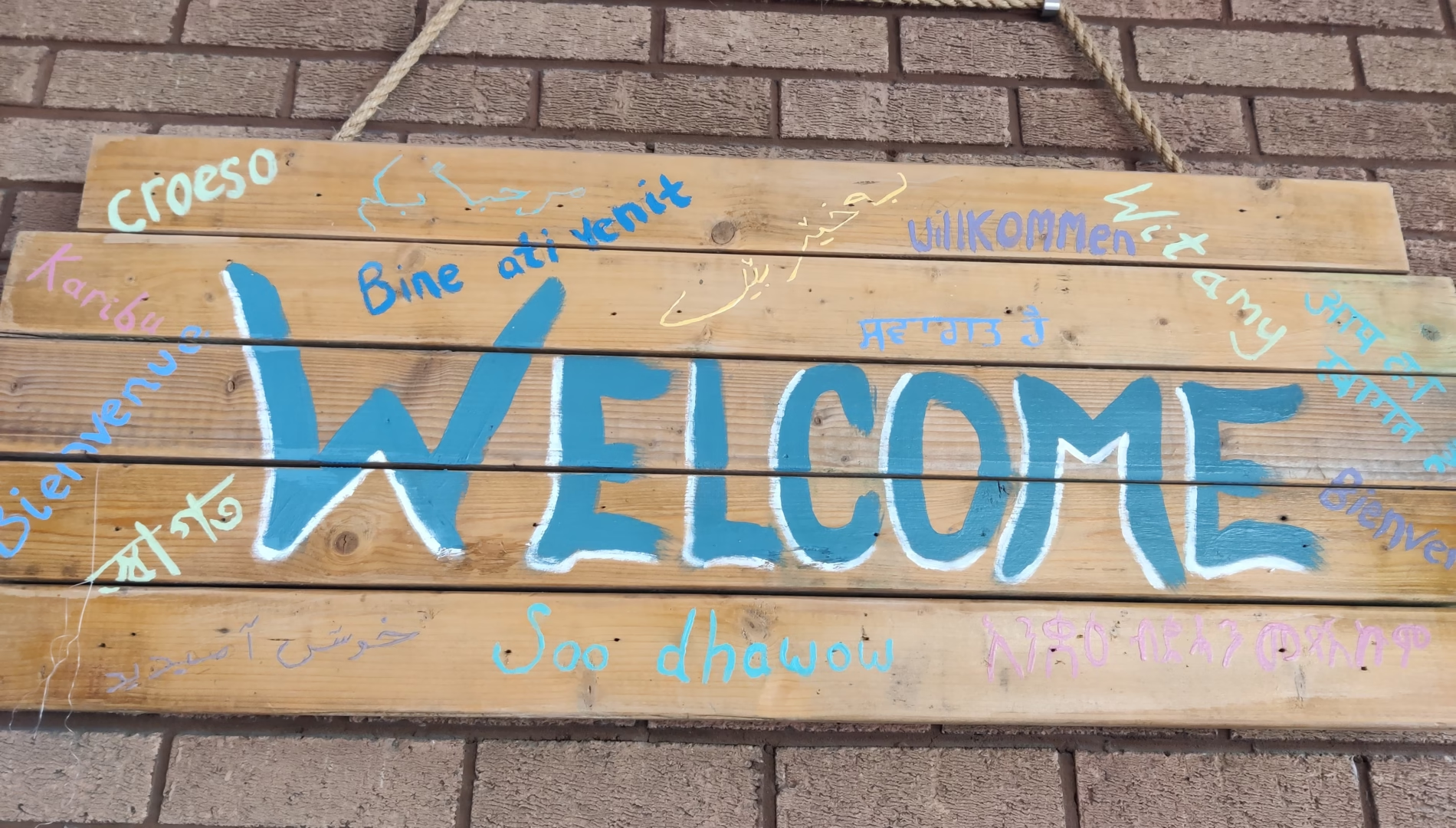
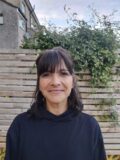

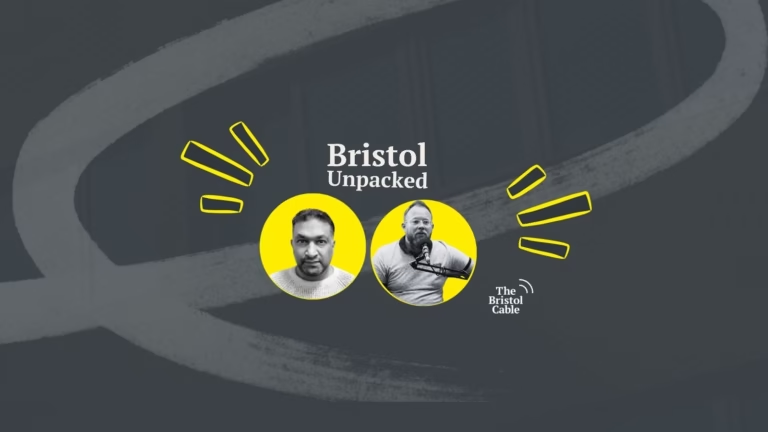



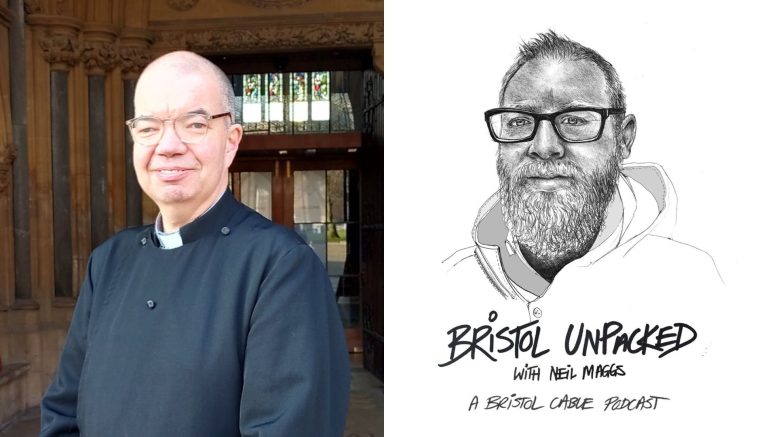
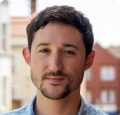
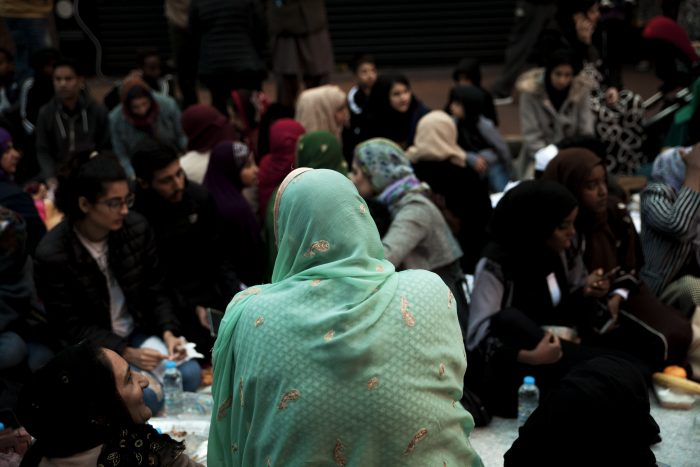
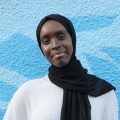
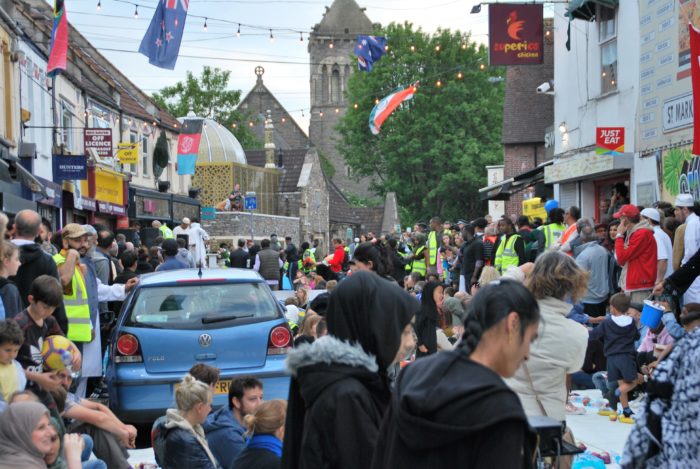
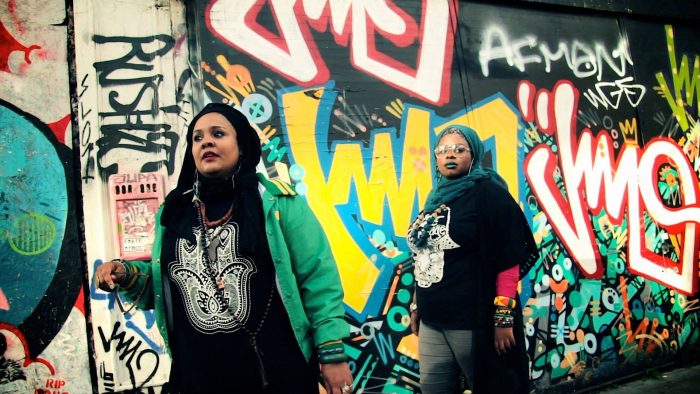

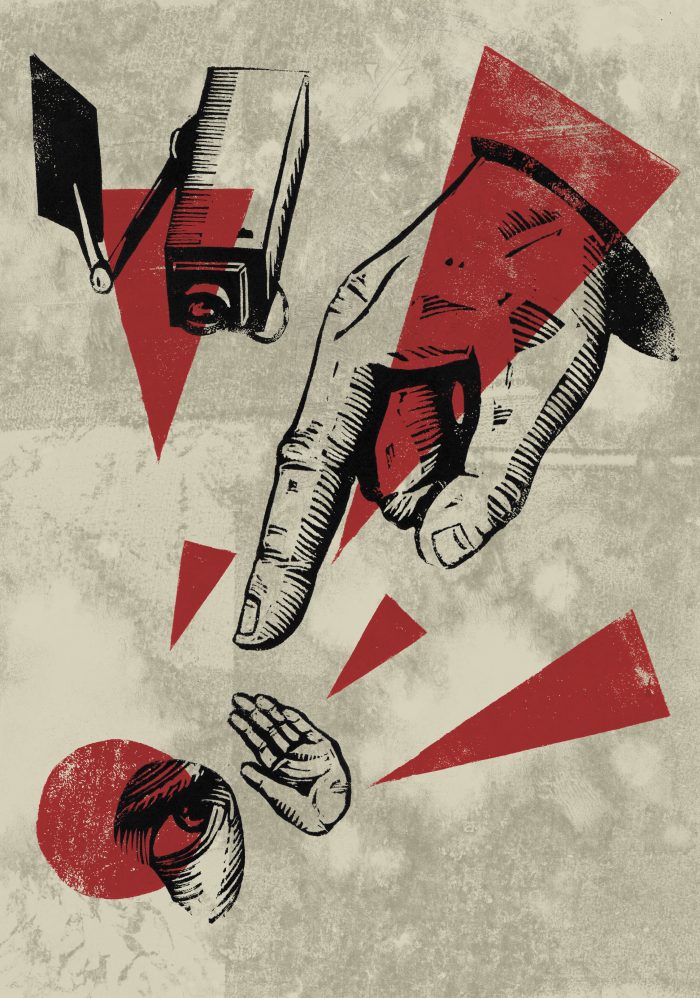

Report a comment. Comments are moderated according to our Comment Policy.
This is so true of what I have briefly received from Easton Family Community Centre . One feels so accepted and I live outside of Bristol.
I would love to have been at the baptism .